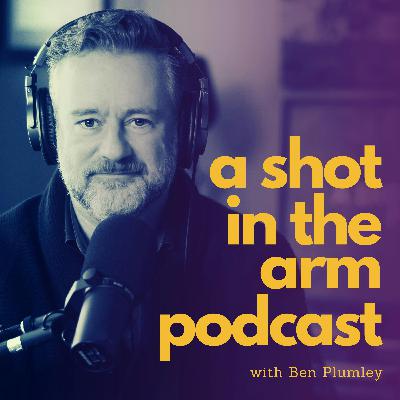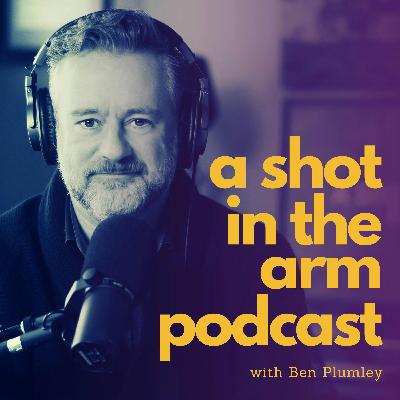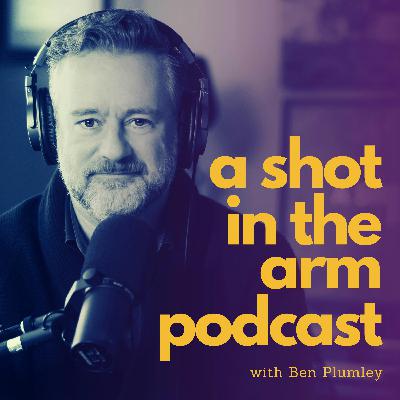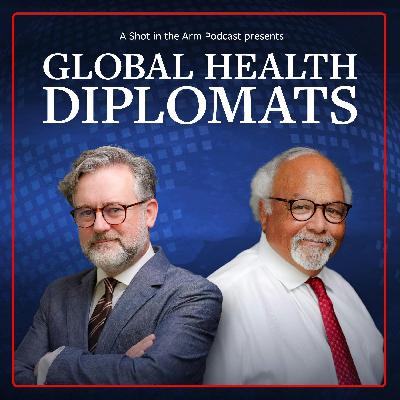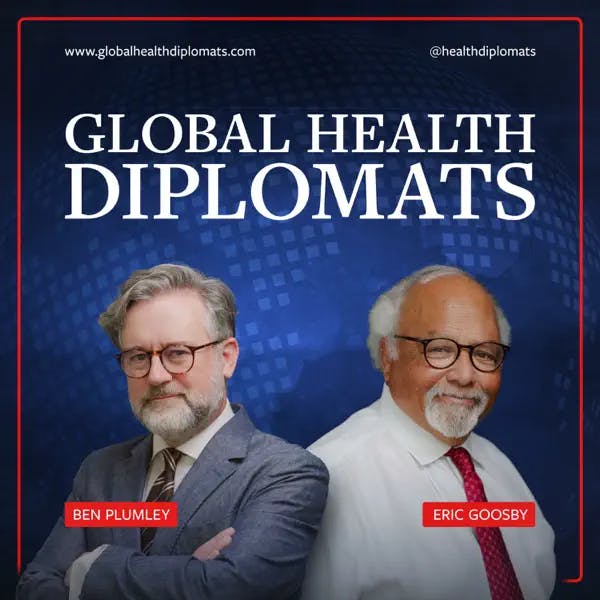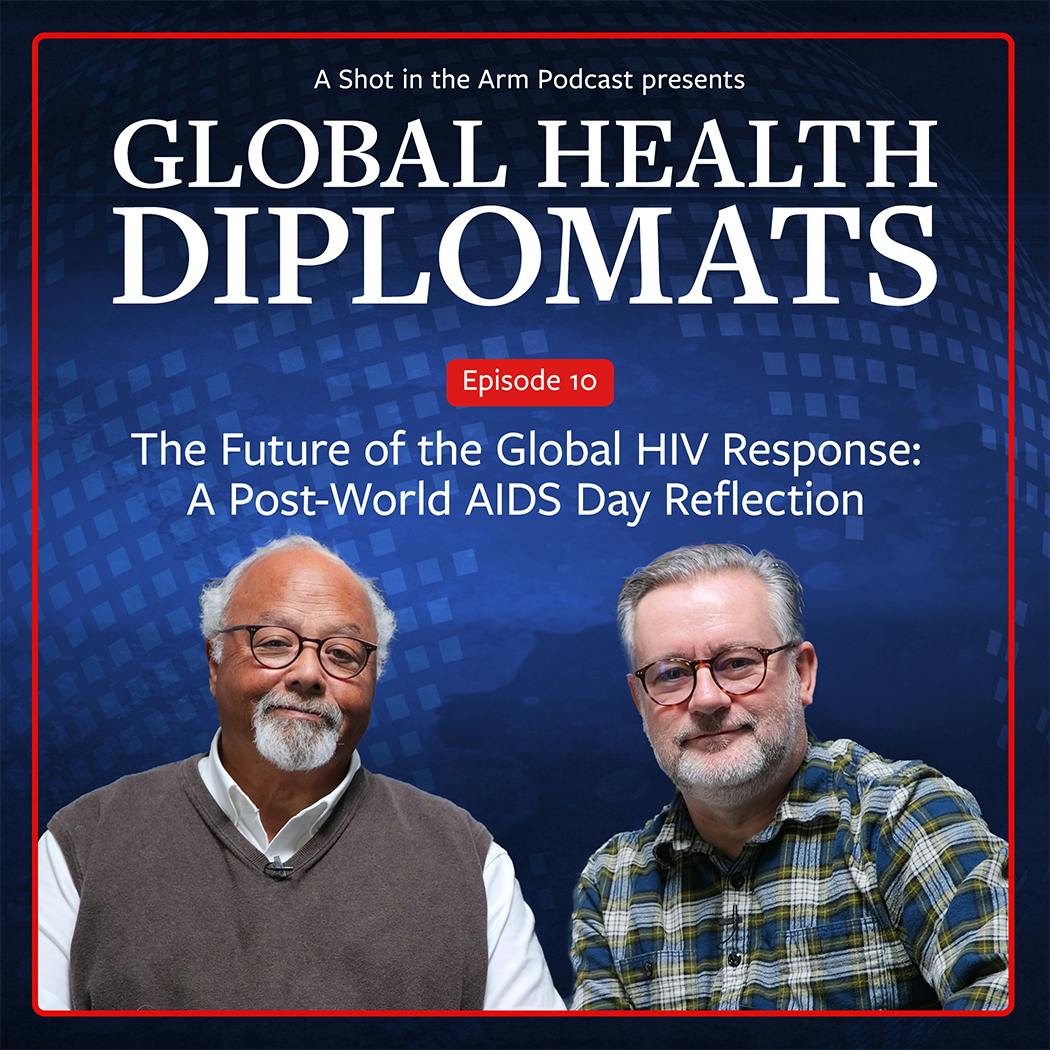Title: Ebola, Bombs, and Migrants: A conversation with Dr. Joanne Liu
Host: Ben Plumley
Guest: Dr. Joanne Liu, Pediatric Emergency Physician and Former International President of Médecins Sans Frontières (Doctors Without Borders)
Episode Summary: In this episode, Ben Plumley interviews Dr. Joanne Liu, a pediatric emergency physician from Montreal, Quebec, and former international president of Médecins Sans Frontières (Doctors Without Borders). Dr. Liu discusses her new book, "L’Ebola, les bombes et les migrants," which delves into the interconnected crises of pandemics, conflict, and migration. The conversation covers her experiences and insights from her tenure at MSF, the impact of global crises on public health, and the importance of recognizing our common humanity.
Key Topics:
Introduction to Dr. Joanne Liu: Her background as a pediatric emergency physician and former president of MSF.
New Book Discussion: "L’Ebola, les bombes et les migrants" and its exploration of the polycrises of pandemics, conflict, and migration.
Pandemic Preparedness: Reflections on the COVID-19 pandemic, the importance of public health awareness, and the need for better preparedness for future pandemics.
Climate Crisis: The impact of climate change on health and the emergence of new diseases.
Migration: Dr. Liu's personal connection to migration, the challenges faced by migrants, and the need for a rights-based approach.
Conflict and Health: The targeting of health facilities in conflicts, the importance of international humanitarian law, and the role of international institutions in addressing these issues.
Call to Action: Dr. Liu emphasizes the need for individual and collective action to address global challenges and uphold our common humanity.
Notable Quotes:
"We need to recognize the humanity in the other person, the person we call other, because if we don't, we are denying our own humanity."
"Wishful thinking is not a strategy, and it's not an operational plan."
Production Team:
Director and Producer: Erik Espera of NewsDoc Media
Assistant Producer: Y-Isha Raphael
Links:
Link to Dr. Liu's book
https://editionslibreexpression.groupelivre.com/products/lebola-les-bombes-et-les-migrants
Connect with Us
If you enjoyed this episode, please subscribe, rate us five stars, and share the conversation on global health equity. For more updates, follow us on LinkedIn, YouTube, and Spotify.
Facebook and Instagram: @ShotArmPodcast
Youtube: www.youtube.com/@shotarmpodcast
LinkedIn: https://www.linkedin.com/company/shotarmpodcast
Spotify: https://open.spotify.com/show/69XpqCLn9oL2yU3votRIlO?si=8c14b13f7b8b48b3



